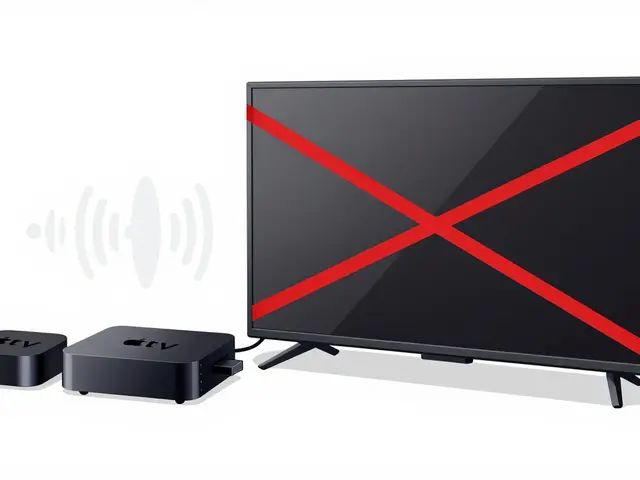How to Find Trustworthy Medical Websites and Get Accurate Health Info
When you search for health advice online, you’re faced with a flood of websites—some are solid, many are shaky. The good news is you don’t need a PhD to tell the difference. By looking for a few key signals, you can quickly decide if a site is worth your time or if it’s better to keep scrolling.
Spotting Credible Health Sites
First, check who’s behind the content. Reputable sites usually list a medical board, university, or government agency as the source. Look for author bios that include real credentials—MD, RN, PhD, or a recognized health institution. If the page only shows a generic “team” without names, that’s a red flag.
Second, examine the date. Medical knowledge changes fast, so a trustworthy page will show the last review or update date, preferably within the past year. Out‑of‑date advice can be dangerous, especially for drug interactions or vaccine information.
Third, see how the site cites its sources. Credible pages link to peer‑reviewed studies, official health organization guidelines, or clear references. If the article just says “research shows” without any links, you should be skeptical.
Top Trusted Medical Resources
Here are a few go‑to sites that consistently meet the credibility checklist:
- National Institutes of Health (NIH) – government‑run, regularly updated, full of research‑backed articles.
- Mayo Clinic – doctors write the content, and the site includes clear citations and easy‑to‑read summaries.
- WebMD – good for quick overviews, but always double‑check the references and look for the “Reviewed by” note.
- World Health Organization (WHO) – best for global health policies, disease outbreaks, and vaccine facts.
- Healthfinder (U.S. Department of Health & Human Services) – plain‑language guides vetted by health professionals.
These sites are free, widely recognized, and keep their info current. Bookmark a couple of them and use them as your first stop whenever you need reliable health answers.
If you stumble on a commercial site selling supplements or miracle cures, treat it with extra caution. Check for the “.gov” or “.edu” domain; those are usually more trustworthy than “.com” sites that push sales.
Lastly, trust your gut. If something feels off—overly sensational language, promises of quick fixes, or a lack of clear contact info—skip it. Health decisions deserve the best evidence, not hype.
By applying these simple checks, you’ll cut through the noise and find the medical information that actually helps. Stay smart, stay safe, and let reliable sites guide your health choices.
20
Can You Trust Online Medicine Advice? Risks, Signs & Reliable Sources
Explore how to evaluate online medicine advice, spot misinformation, and rely on trustworthy sources for safe drug information and health decisions.
Latest Posts
Popular Posts
Categories
Tags
- streaming services
- video editing
- video production
- parental controls
- Max streaming
- video editing software
- marketing mix
- subscription management
- streaming apps
- Dolby Atmos
- video editing tips
- tips
- ROI
- video marketing
- video editing tools
- marketing strategy
- Premiere Pro
- family viewing
- classic cinema
- Kurosawa





